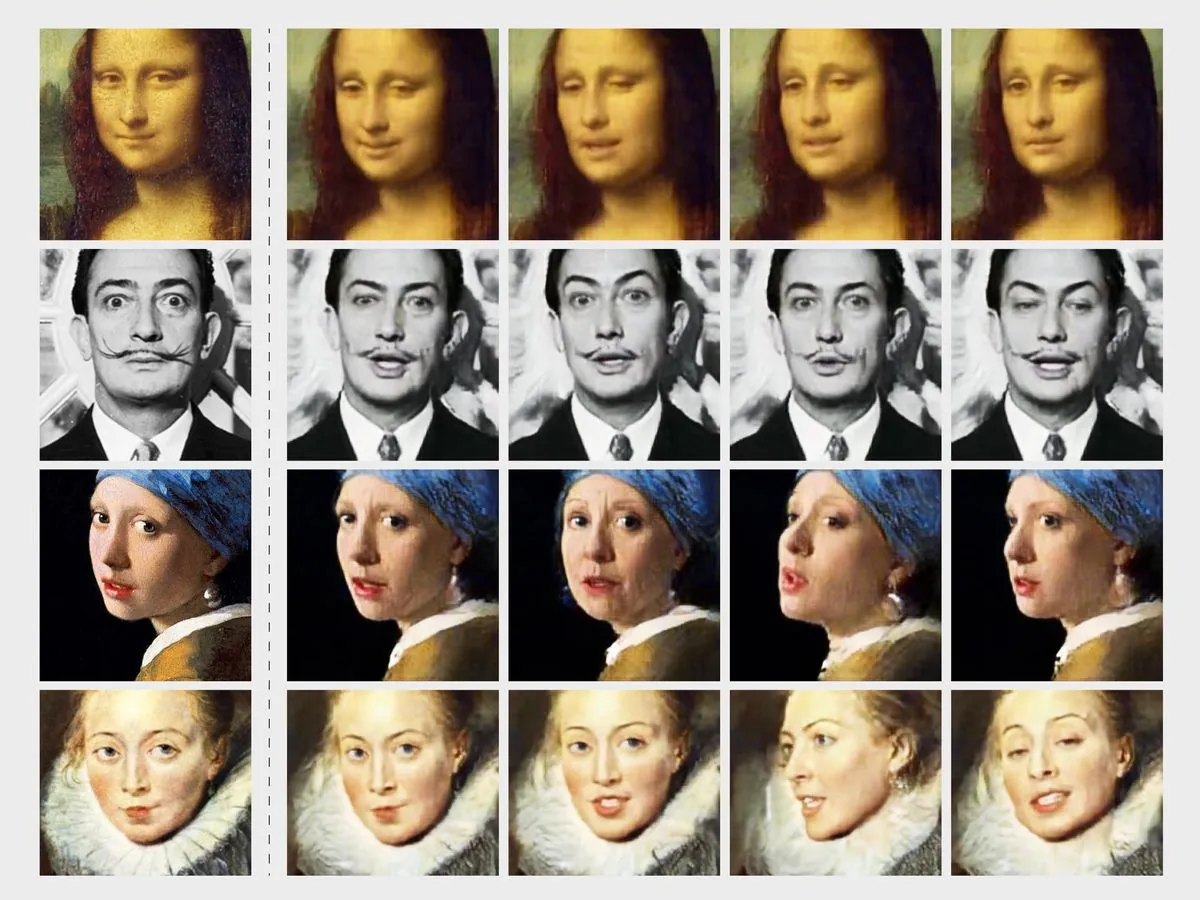In recent days, a manipulated video has been circulating on social media platforms, falsely portraying Minnesota Governor Tim Walz as a dancer at a Texas flea market. This misinformation emerged shortly after Vice President Kamala Harris announced Walz as her running mate for the upcoming presidential election on August 6, 2024.
The altered video shows a man wearing a black hat and glasses, dancing with his shirt rolled up and dollar bills tucked into his waistband. Social media users shared the footage with captions such as "Recently found Video of Tampon Tim" and "This is Tim. This is the guy in the belly shirt dancing around, calling someone else weird, saying JD Vance is 'afraid' of his masculinity."
However, fact-checkers have revealed that the video has been digitally manipulated to change the dancer's face. The original footage, available on TikTok, features Alejandro Casas, known as El Divo 956, performing at a flea market in Alamo, Texas. Additional videos of Casas dancing can be found on his Facebook page.
This incident highlights the growing concern over deepfake technology and its potential impact on political discourse. Deepfakes, which first emerged in 2017, have become increasingly sophisticated, making it challenging to distinguish altered content from authentic footage.
Tim Walz, who has been serving as the 41st governor of Minnesota since 2019, has no connection to the video in question. The spread of such misinformation underscores the importance of critical thinking and fact-checking in the digital age, especially as the United States approaches another presidential election cycle.
Social media platforms continue to grapple with the spread of false information, while fact-checking organizations like Reuters play a crucial role in verifying claims and debunking hoaxes. As technology advances, the need for media literacy and robust fact-checking mechanisms becomes increasingly vital to maintain the integrity of democratic processes.
"A video of a person known as El Divo 956 dancing has been edited to make it appear to be Tim Walz."
This incident serves as a reminder of the challenges faced by both politicians and the public in navigating the complex landscape of social media and digital information. As the 2024 presidential election approaches, voters must remain vigilant and seek out reliable sources to make informed decisions.
